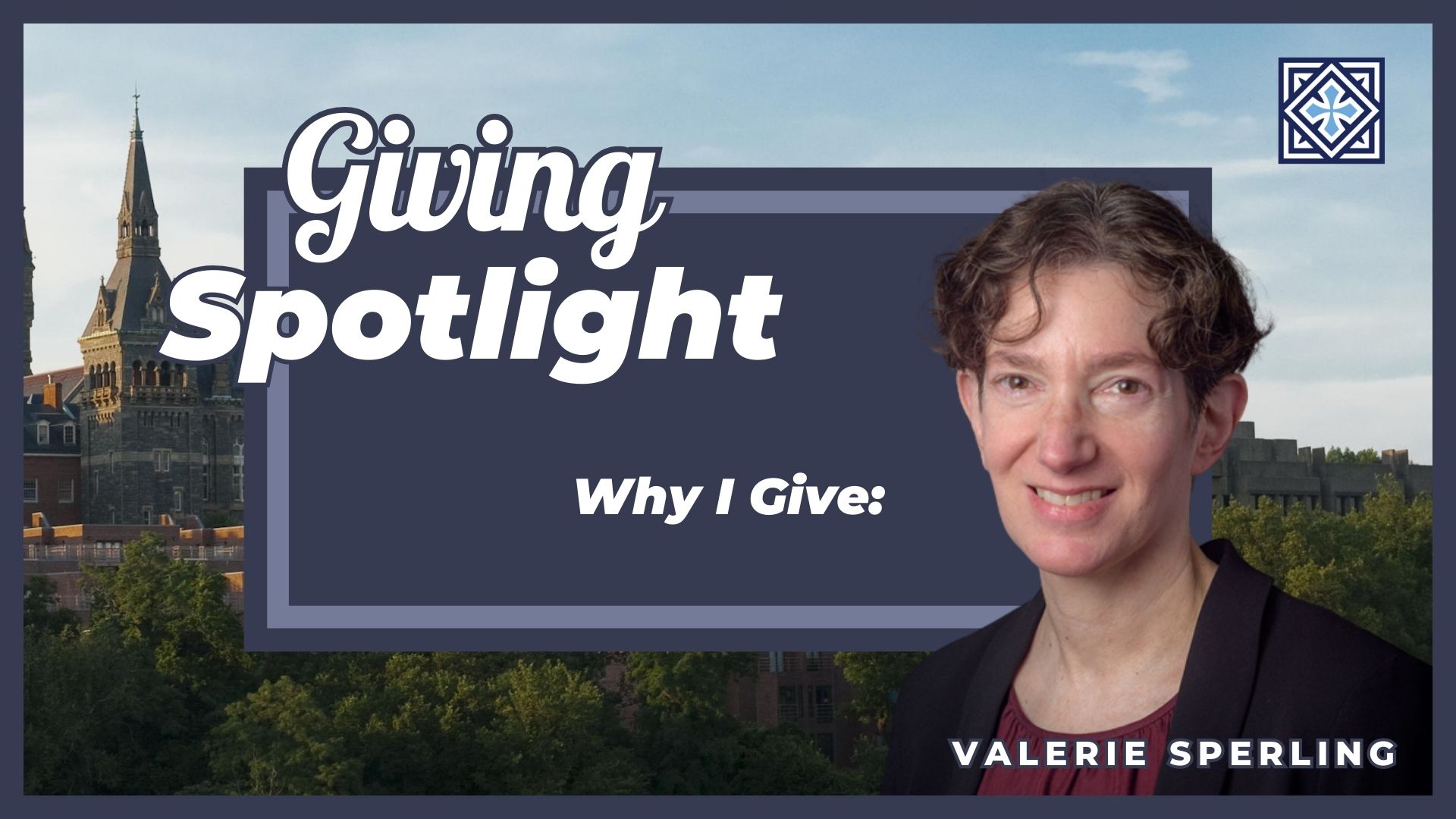What is your personal connection to CERES?
I graduated in May 1991 from what was then the Russian Area Studies Program (RASP) – a proud member of the last class to graduate before the collapse of the Soviet Union. As such, I was probably among the last group of students to get training in Sovietology or Kremlinology – skills that continued to be useful in analyzing Russian politics long after the USSR came to an end.
Why do you enjoy giving to CERES?
While I enjoyed earning my PhD in political science at the University of California, Berkeley, it was Georgetown’s RASP/CERES program that cemented my interest in the region and gave me a thorough background in Soviet politics, history and culture. The breadth of the program – from studying demography with Murray Feshbach to Soviet film with Anna Lawton – was something I could never have gotten from a discipline-specific PhD program. With an MA from RASP/CERES, I was able to enter the theory-oriented PhD program at Berkeley on a strong footing, confidently grounded in area studies.
What is your current position? How did you get into this field?
I’m a professor of political science at Clark University in Worcester, MA. It was actually my experience at RASP/CERES that convinced me to apply to PhD programs with the intention of becoming a professor. When I started at RASP/CERES, under the leadership of the wise and witty Harley Balzer, I knew I was interested in studying Russia, but it was only mid-way through the program that I realized I wanted to be a professor. Watching Angela Stent stride back and forth across the room lecturing about Soviet foreign policy and looking like she was having the time of her life convinced me that teaching could be fun and worthwhile. And taking a class with Thane Gustafson—where I learned about power and authority in Soviet politics and was encouraged to use primary sources, such as Soviet newspapers and magazines, showed me that the scholarship part of the job could be exciting, too. All of my professors at RASP/CERES brilliantly modeled the teacher-scholar paradigm that I have aimed to follow ever since.
What excites you about supporting the next generation of leaders?
The parlous state of the world today clearly illustrates the ongoing importance of area studies. We need experts with deep knowledge of all the states in the region – their politics, economies, societies and foreign relations. While I was fortunate enough to have had — in spring 1990 – a RASP/CERES course on Soviet “nationalities” (i.e., the non-Russian republics of the Soviet Union) taught by Paul Goble, today’s students are undoubtedly benefitting from the trend toward decolonization of the field, and a long-needed expansion of scholarly and policy focus beyond Russia. Also, the world continues to need experts on Russia as a nuclear state with an expansionist, imperialist, increasingly dictatorial and repressive regime in power.
What advice do you have for current students?
Remember and support the mentors and programs that helped you get to where you are today!
__________________________________________________________________
Visit our online giving page here and consider making a donation to the Angela Stent Graduate Scholarship and Fellowship Fund, which directly supports the studies of the next generation of regional experts at CERES.
